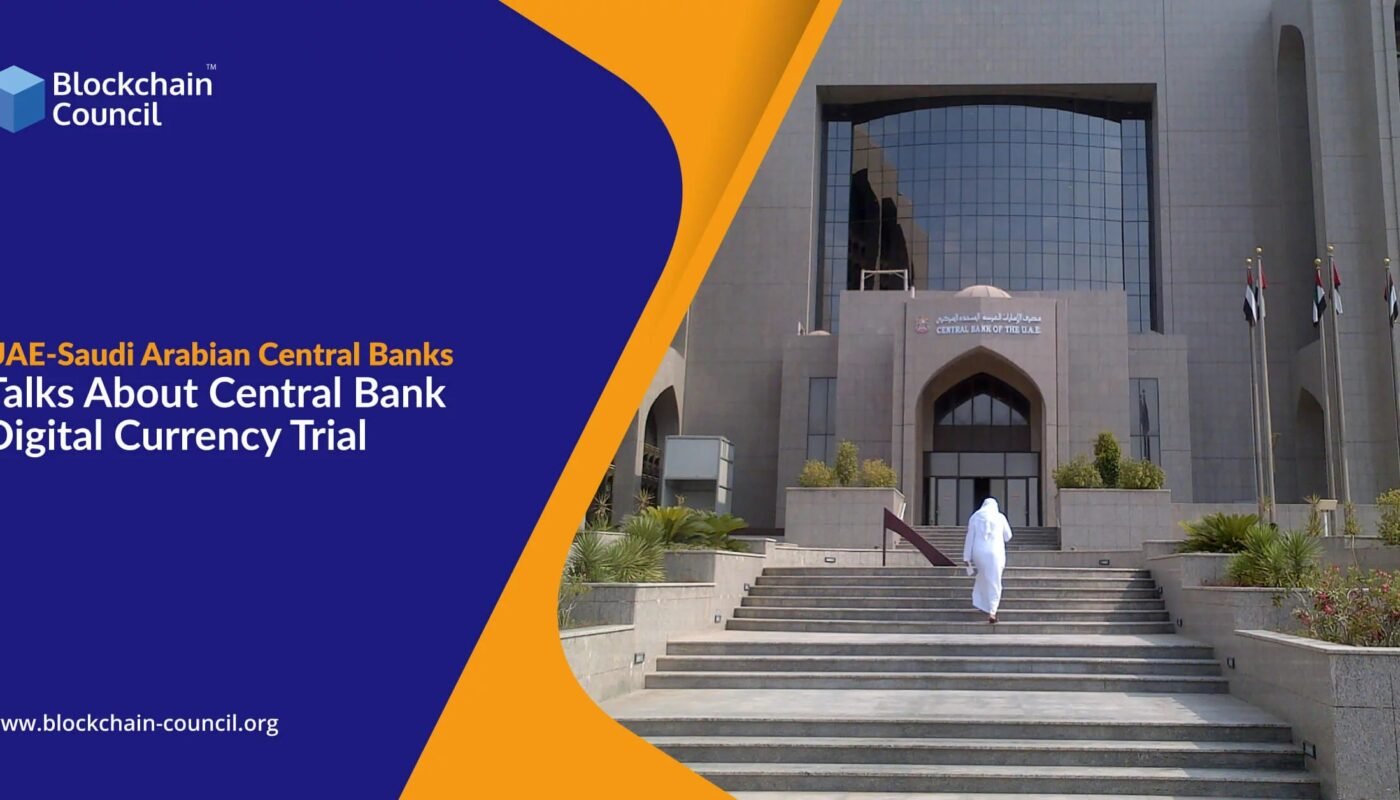Saudi Arabia has taken a significant step towards exploring digital currencies by joining a cross-border central bank digital currency (CBDC) project led by the Bank for International Settlements (BIS) and China. This move, announced by the BIS in February 2024, positions the kingdom as a full participant in Project mBridge, a collaborative initiative launched in 2021 alongside China, Hong Kong, Thailand, and the United Arab Emirates.
Project mBridge aims to develop a functional prototype for facilitating real-time cross-border foreign exchange payments utilizing distributed ledger technology (DLT). DLT, the same technology underpinning cryptocurrencies like Bitcoin, offers a secure and transparent way to record transactions on a shared digital ledger. However, unlike cryptocurrencies, CBDCs are digital versions of a country’s official currency, issued and controlled by its central bank.
Saudi Arabia’s participation in mBridge signifies its growing interest in CBDCs. The kingdom’s central bank, the Saudi Arabian Monetary Authority (SAMA), has previously collaborated with the United Arab Emirates on Project Aber, another BIS-led initiative that explored CBDC interoperability in 2019. This renewed engagement with digital currency projects suggests a strategic shift within SAMA, potentially paving the way for a future Saudi Arabian CBDC.
The mBridge project’s progression to a “minimum viable product” stage marks a critical milestone. This signifies that the project has moved beyond the initial conceptual phase and now possesses a functional prototype capable of undergoing real-world testing. The inclusion of Saudi Arabia further strengthens the project’s reach and influence, bringing together a diverse group of economies with significant global trade volumes.
The potential implications of mBridge’s success are far-reaching. A functional cross-border CBDC system could revolutionize international trade by streamlining foreign exchange transactions. This could lead to faster settlement times, reduced costs, and potentially enhanced transparency within the global financial system. Additionally, for Saudi Arabia, successful participation in mBridge could offer valuable insights and technical expertise as the kingdom contemplates the development of its own CBDC.
However, challenges remain. Regulatory frameworks for CBDCs are still evolving, and questions regarding privacy, security, and financial stability need to be addressed. Additionally, integrating CBDCs with existing financial systems will require careful planning and collaboration between central banks and commercial institutions.
Despite these challenges, Saudi Arabia’s involvement in mBridge signals a commitment to exploring the potential of digital currencies. The project holds the promise of a more efficient and interconnected global financial landscape, and its success could pave the way for a new era of cross-border transactions.





